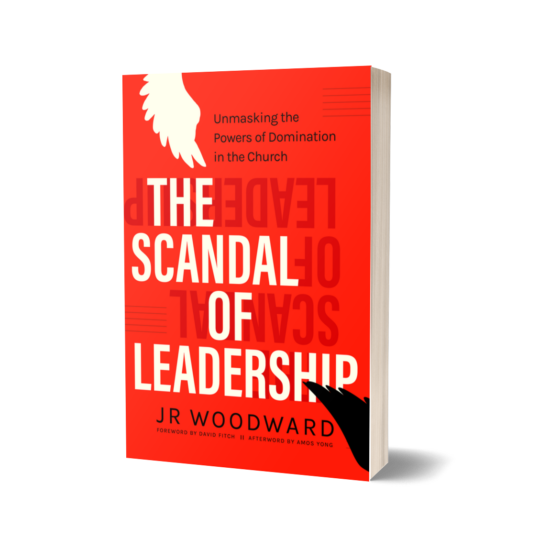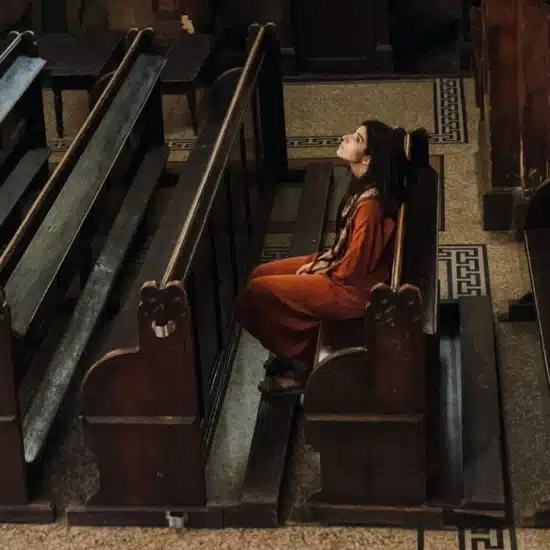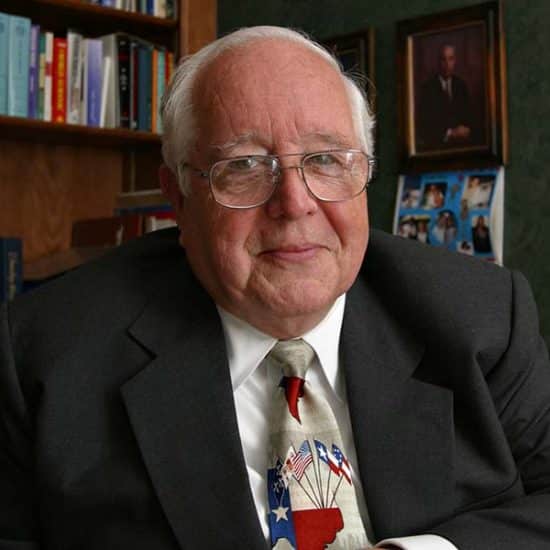It has taken generations for celebs — particularly professional athletes — to be called to account for domestic violence and sexual abuse, but the tide is steadily turning.
Elevator videos of Carolina Ravens football star Ray Rice knocking his then-fiancé and now-wife, Janay, unconscious in an elevator then dragging her out of it has struck a nerve with the public. As other accounts of football players accused of domestic violence hits the news, the clamor is on for the National Football League and teams to put their foot down and determine not to tolerate such behavior.
Strong voices are calling for the ouster of NFL Commissioner Roger Goodell, whose two-game suspension of Rice was criticized as far too light, prompting the NFL to toughen its suspension policy for domestic abuse. With the public release of the Rice video, criticism of the commissioner — and demands that he should be fired — has grown harsher. Following the release of the video evidence, the Ravens released their star. Good for them.
Other teams that find themselves in similar situations are reversing field and suspending their players until domestic abuse investigations and criminal prosecutions have run their course. Advertisers are jumping ship; they are feeling the economic results of outrage themselves, or at least fear they will.
The American public has long been protective of its entertainment and sports icons, even when private behavior has been far less than exemplary. In fact, not many generations ago, news coverage of such ‘heroes” away from the movie set or the field of play was pretty much regarded as off limits for reporters.
All that has changed in more recent times, of course, particularly as the public’s appetite for failures of the rich and famous becomes virtually insatiable. When a story of scandal breaks, many in the public hang on every detail and every development of a sordid story. Unbelievably extravagant salaries in pro sports further piqué public interest.
Social media has helped fuel the appetite and to distribute it universally — literally.
By the same token, outrage is long overdue. To ignore violent and even vicious behavior is simply wrong, both for the average person, for an industry and for a team. Teams bending over backwards to ignore heinous behavior in the interest of preserving a multi-million-dollar investment in a player is behavior that need not be rewarded with support.
An appropriate amount of outrage at every level — the violator, the team, the league, advertisers — seems to be the only way to get the attention of many decision makers and of restoring sanity, common sense and decency. To entities that take the initiative not to tolerate such behavior at the first revelation of wrongdoing need to be commended.
Young athletes (and celebs) become instant millionaires and sometimes regard themselves as capable (or somehow deserving) of wiggling out of any sticky situation they might create for themselves. But increasingly the public mood is that even the most talented among us must be liable for his (or her) actions.
This should be true of every person.
Bill Webb is Word & Way’s editor.






